
As Europe evolves on several fronts, from border transformations to family lifestyles, the EU is looking at how the labour market will be in 2025. An EU initiative produced new conclusions and recommendations to improve the market over the next two decades.

As social and cultural diversity intensifies across Europe, the resulting exposure to counter-stereotypes affects how citizens think and solve problems. An EU initiative studied how challenging stereotypes shapes the ways people reason and come up with creative ideas.

Several negative environmental and public health outcomes are associated with the quick spread of cities into neighbouring regions. An EU initiative proposed solutions to unrestrained expansion.

A major training network helped develop the careers of experienced and early-stage researchers in the field of archaeometry or archaeological science. In parallel, they explored the origin and impact of dairying in Europe, seeking to determine whether or not milk was part of a so-called secondary product revolution.

High-voltage submarine cables are necessary to transmit offshore wind energy. An EU-funded project is developing an innovative system that traverses the seabed to prevent their damage.

As national economies become more dependent on each other, governments face new risks in cross-border taxation. An EU initiative is examining tax laws to deal with issues raised in the debate over EU taxation and third countries.

An EU-funded project has contributed new knowledge to the field of consumer research. It critically extended theory and methodology related to studying consumer knowledge and its impact on product choice.

Expanding knowledge and achieving public awareness of interpersonal, intercultural and diplomatic perspectives is highlighted in social-cognitive and functional aspects of international negotiation.

EU funding has supported a study of the nature of language variation (logodiversity) through the development of a new theoretical framework. The focus was on the many factors as well as limits of the design of the human language faculty.
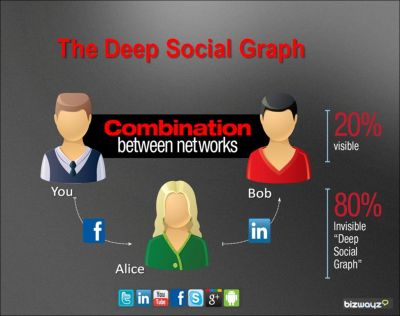
Social media has become an integral part of marketing strategies, but current tools for monitoring and analysis are proving ineffective in measuring campaign impact and return on investment. An EU initiative is creating the technology to improve the efficiency of social media campaigns.

Resistance and friction are relatively simple physics concepts yet, to date, design of anti-slip soles has relied primarily on intuition. Computer-based design tools will offer a major improvement, both for the shoes and their manufacturers.
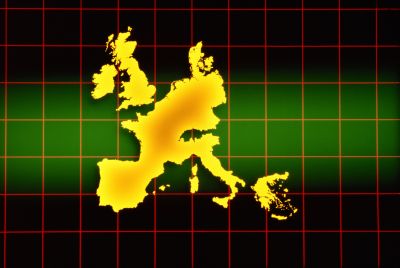
European citizens’ cross-border practices highlight the everyday meaning of being European

Synthetic biology deals with the re-design of natural biosynthetic pathways for the production of specific molecules. A European project followed this approach to produce natural compounds with bioactive potential.

Examining the precarious self-organising of workers and the collective resistance under globalised capitalism provides new insight into social cohesion and employment conditions.

Scientists have long thought that the first stage of visual processing consists of forming a picture of the entire visual scene, while later stages focus on parts of the scene and extract information relevant for behaviour. Using advanced functional neuroimaging, an EU-funded project has provided evidence to support an alternative hypothesis.

The project consisted of studying global 'slumtourism' destinations to assess the role of tourism in poverty alleviation and to support the development of qualitative indicators of poverty alleviation.

A study culminating in a geographic information system (GIS) and a database sheds light on changing settlement patterns, regional landscapes and individual urban sites in peninsular Italy during and after Roman expansion.
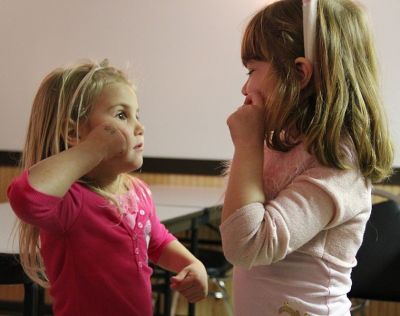
EU-funded research explored the linguistic and non-linguistic cognitive processes in deaf children's development of spoken and signed language vocabulary. This pioneering initiative studied their language learning profiles using dynamic language assessment.
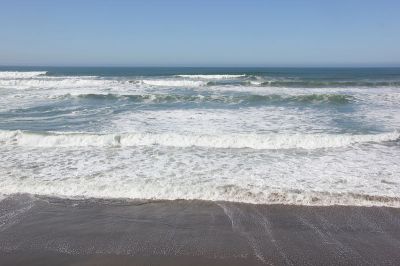
An EU-funded project adapted an acoustic technique originally developed for conducting geological surveys in order to study the world's oceans. The technique was used to investigate differences in temperature and salinity between ocean layers in order to gain a better understanding of ocean mixing processes.

More than ever before, European business and research communities are pressed to deliver solutions for significant, large-scale financial practices. An EU initiative is combining the use of supercomputers with financial models to address risk management.
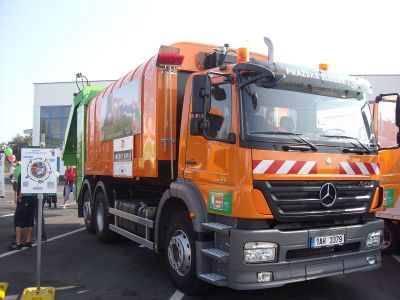
An EU-funded team investigated the social effects of new public management (NPM). Examining public/private sector coordination, the fiscal crisis and the impact of public services on social cohesion, the study showed areas of improvement and decline.

Secrets within organisations can have widespread social, economic and political repercussions. An EU initiative is conducting a groundbreaking study on the timely yet widely overlooked field of organisational secrecy.
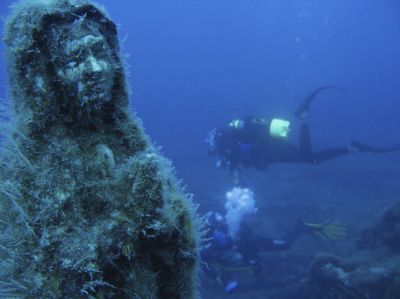
Europe's unique underwater heritage can be studied and protected more easily thanks to a new cost-efficient, user-friendly autonomous underwater vehicle (AUV).

We normally think of anthropologists studying ‘exotic’ cultures – ancient tribes that live in faraway places. But how about cultures that are closer to home? Professor Rebecca Cassidy has devoted herself to anthropological studies of European cultures of gambling. In the ‘Gambling in Europe’ (GAMSOC) project – funded by the ERC – Prof. Cassidy and her team have taken this a step further, and conducted an anthropological study of the gambling research community itself.

Careful, considered government communication might actually help increase tax revenue and thus improve public services, say EU-funded researchers.























